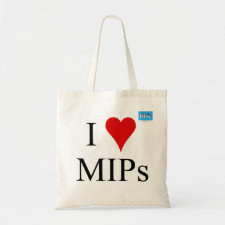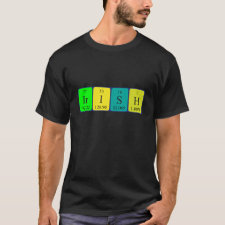
Authors: Duan LK, Zhao Y
Article Title: Zwitterionic Molecularly Imprinted Cross-Linked Micelles for Alkaloid Recognition in Water.
Publication date: 2019
Journal: The Journal of Organic Chemistry
Volume: 84
Issue: (21)
Page numbers: 13457-13464.
DOI: 10.1021/acs.joc.9b01629
Abstract: Molecular imprinting within surface/core doubly cross-linked micelles afforded water-soluble nanoparticle receptors for their template molecules. Extremely strong imprinting effects were consistently observed, with the imprinting factor >100:1 in comparison to nonimprinted nanoparticles prepared without the templates. The ionic nature of the cross-linkable surfactant strongly impacted the imprinting and binding process. Imprinted receptors prepared with a zwitterionic cross-linkable surfactant (4) outperformed a similar cationic one (1) when the template was zwitterionic or cationic and preferred their templates over structural analogues regardless of their ionic characteristics. Electrostatic interactions, however, dominated the receptors made with the cationic surfactant. The same micellar imprinting applied to simple as well as complex alkaloids. Imprinted receptors from 4 were also shown to categorize their alkaloid guests according to their structural similarity
Template and target information: vinblastine



Join the Society for Molecular Imprinting

New items RSS feed
Sign-up for e-mail updates:
Choose between receiving an occasional newsletter or more frequent e-mail alerts.
Click here to go to the sign-up page.
Is your name elemental or peptidic? Enter your name and find out by clicking either of the buttons below!
Other products you may like:
 MIPdatabase
MIPdatabase









